Description
REGION: Guji
SUBREGION: Uraga
ALTITUDE: 1,800 to 2,200 meters above sea level
ARABICA VARIETALS: JARC 74110, JARC varieties , Local Landraces
PROCESSING: Natural
FARMS: Small landholders less than 5 hectares
STATION: Tabe Burka
In the cup: Apple, Passionfruit, plums and raisins. Complex and beautifully acidic.
Guji-native Tadesse Edema is a pioneer among producers in Uraga. He was among the first to build a washing station in the region. His Tabe Burka washing station was in 2008.
Tadesse is a community leader and has built schools and roads in the region. In addition to washing stations, he owns two farms – one in Shakiso and another in Anasora. During the ten years when the Ethiopian Commodity Exchange (ECX) restricted direct exports, Tadesse delivered his lots to the regional warehouse where traceability was obscured.
Beginning in the 2019/2020 season, Tadesse is finally able to deliver his world-class coffees directly to us.
Harvest & Post-Harvest
Farmers selectively handpick cherry and deliver it to Tabe Burka station. Cherry is floated and then visually inspected for damaged, over- and under-ripe cherry. Cherry is pulped and fermented for 36 to 72 hours. Throughout fermentation, water is replaced three times. After fermentation, parchment is run through a washing channel to remove remaining mucilage. Staff push parchment through the channels and coffee is separated into grades by density. Once clean, the highest parchment grade are soaked for an additional 8 to 12 hours.
About Guji
The Guji region receives ample rainfall and is marked by steep mountainous terrain. Perfect conditions to support the vast array of coffee found here. Only recently have Guji coffees been distinguished from neighbouring Sidamo and Yirgacheffe producing areas. Due to their immense quality and unique profiles however, they are quickly gaining international recognition.
Changes to the ECX
Due to recent changes in regulation, even the little guys can directly export their coffee to foreign markets. With Ethiopia’s staggering levels of varietal diversity, we believe that amazing new coffees are just waiting to be discovered.
The Ethiopian Commodity Exchange (ECX) was established in 2008 as a way to help farmers receive higher prices, get paid more quickly and receive better payment for better quality. To accomplish these goals, the ECX was intentionally designed to semi-anonymize coffees so that those who graded and those who purchased the coffees, did so on the merit of the cup, not the reputation of the name.
In response to the demand for more traceable coffee, the Ethiopian Coffee & Tea Development and Marketing Authority introduced a bill in 2017 that allowed Ethiopian coffee, including coffee sold through the ECX, to be marketed and sold with full traceability.
(Info Courtesy of Sucafina)
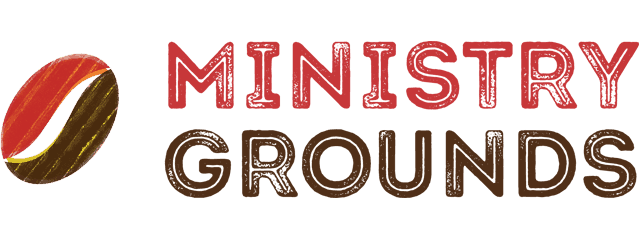
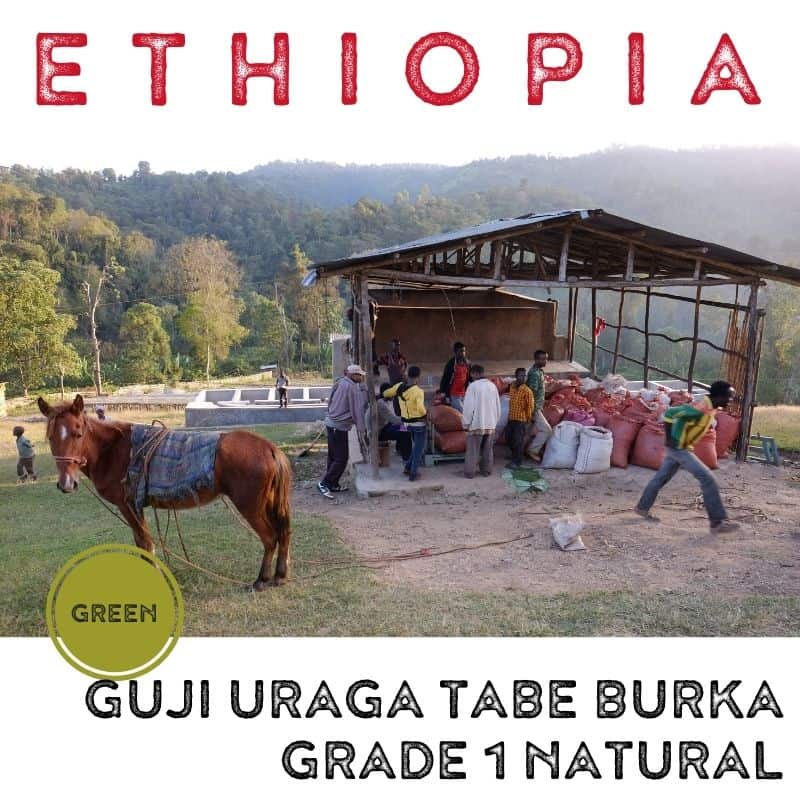
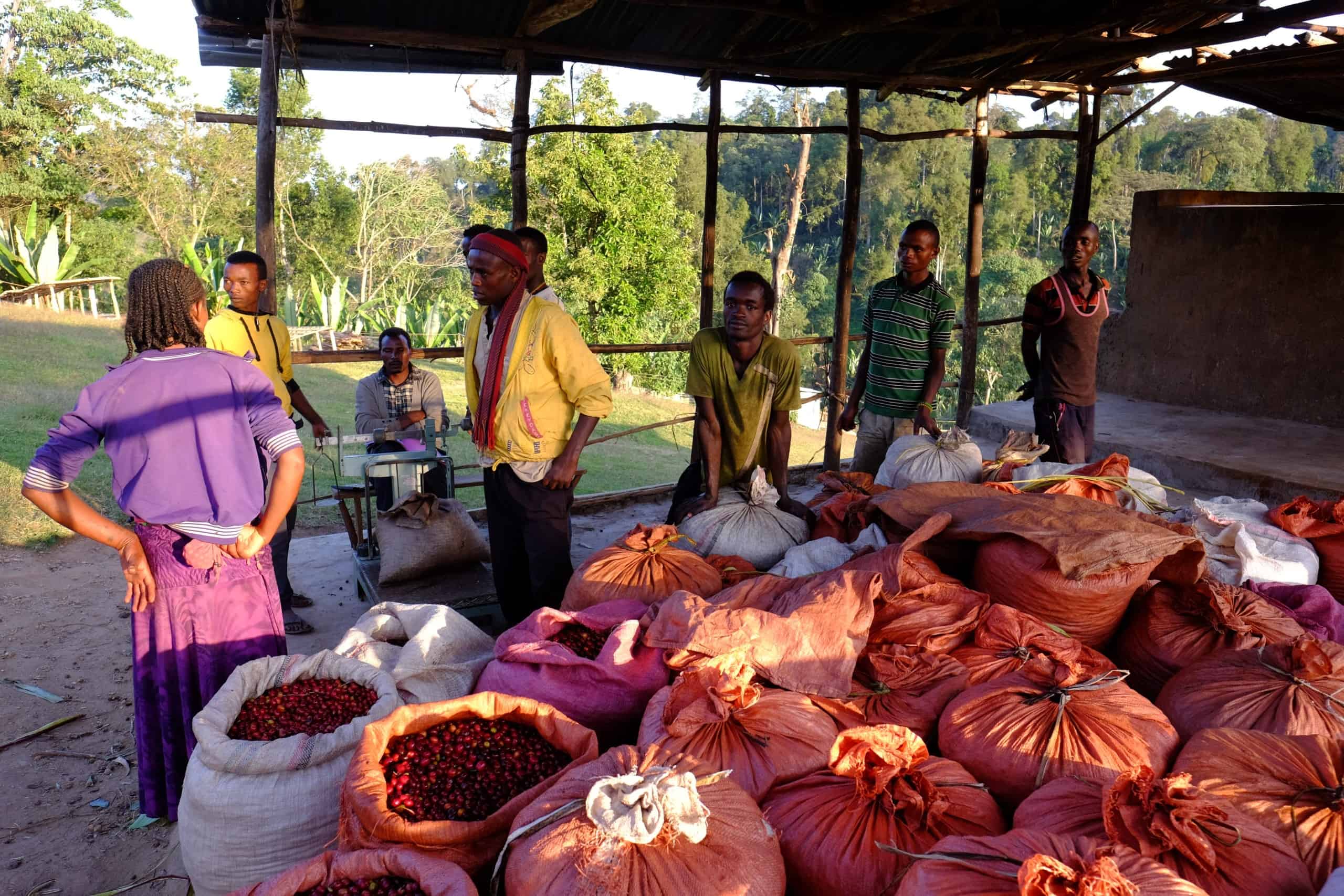
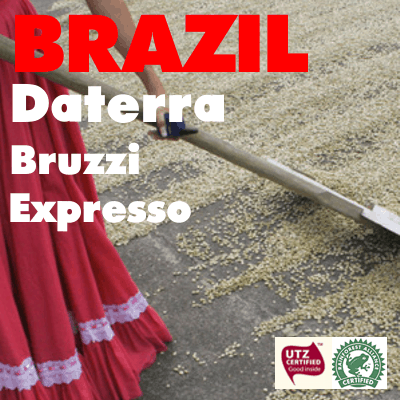
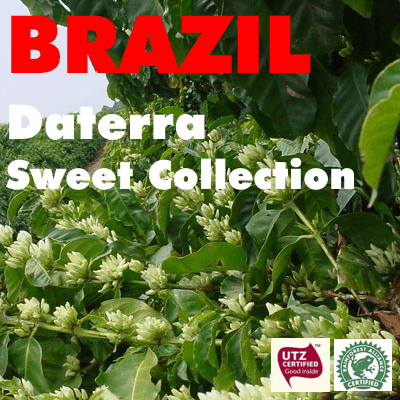

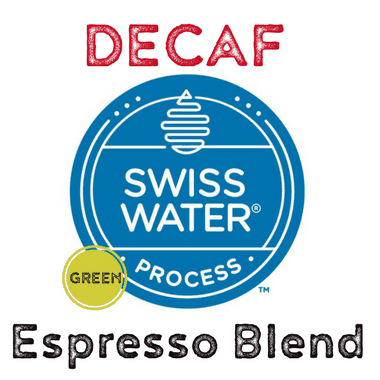
Reviews
There are no reviews yet.